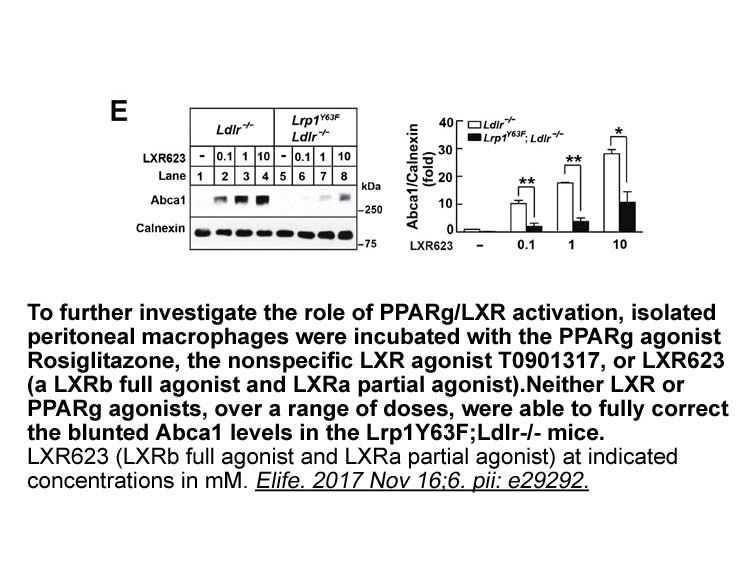Archives
The main aim of our study was
The main aim of our study was to identify whether glucokinase and Irs2 were required for beta cell replication induced by short-term HF diet feeding. Glucokinase plays a critical role in regulating blood glucose levels by catalysing the rate-limiting biochemical reaction of glycolysis [26,27]. In pancreatic beta cells, phosphorylation of glucose by glucokinase is the rate-limiting step in insulin secretion. Thus, Gck+/− mice have been reported to exhibit mild diabetes due to impaired secretion of insulin in response to glucose [28], which was confirmed in our results (Fig. 3b). Furthermore, Gck+/− mice fed an HF diet for 20 weeks have been shown to exhibit decreased beta cell proliferation compared with wild-type mice [17], and Porat et al. [29] reported a dramatic drop in beta cell proliferation rate in adult beta cell-specific glucokinase knockout mice in response to tamoxifen injection. Taken together with previous reports [30,31], these findings indicate that glucose signalling mediated by glucokinase in beta VLX600 receptor plays an important role in beta cell proliferation. However, we observed a significant and similar increase in beta cell proliferation rate in both wild-type and Gck+/− mice fed an HF diet for 1 week in our study (Fig. 3c), indicating that the mechanism underlying short-term HF diet-induced beta cell proliferation involves a glucokinase-independent pathway.
Glucose metabolism by glucokinase increases Irs2 expression, activating a signalling cascade that leads to beta cell proliferation [18]. A previous study demonstrated that Gck+/− mice fed an HF diet for 20 weeks showed decreased beta cell proliferation and impaired upregulation of Irs2 compared with wild-type mice, and that overexpression of Irs2 in Gck+/− mice fed the HF diet rescued beta cell proliferation [17]. Recently, it has been reported that Irs2 is required for glucose-induced beta cell proliferation in vivo and ex vivo [32]. Taken together with further insights obtained from studies of genetically modified mice [[33], [34], [35]], these findings indicate that Irs2 also plays a crucial role in beta cell proliferation. However, our results revealed that beta cell proliferation was induced by HF diet feeding for 1 week without upregulation of Irs2, and that there was a significant and similar increase in beta cell proliferation rate in both wild-type and Irs2−/− mice fed the HF diet for 1 week (Fig. 3h). These results suggest that the mechanism underlying short-term HF diet-induced beta cell proliferation involves an Irs2-independent pathway.
These findings raise the question of why glucokinase and Irs2 contribute to the HF diet-induced proliferative response in islets after 20 weeks of HF diet loading [17], but not after 1 week of HF diet loading. We speculate that HF diet-induced insulin resistance could affect the contribution of glucokinase and Irs2 to this proliferative response. To investigate further, we performed an insulin tolerance test and measured beta cell proliferation in mice challenged with HF diet for different time periods (4, 8, 12 and 20 weeks). There was a significant increase in the BrdU incorporation rate in mice on the HF diet compared with those on the SC diet for all time periods, while the glucose-lowering effect of insulin was impaired in HF-fed mice after 8 weeks (data not shown). From these results, it is possible that after 8 weeks on the HF diet, the short-term HF diet-induced proliferative mechanism (glucokinase- and Irs2-independent pathway) is switched to or added to the long-term HF diet-induced proliferative mechanism (glucokinase- and Irs2-dependent pathway). To confi rm this, further studies using Gck+/− and Irs2−/− mice on a HF diet for different time periods are needed.
GKA is a glucose-like activator of beta cell metabolism. Glucokinase activation by GKA has been shown to increase Irs2 expression, and GKA-stimulated Irs2 expression has been reported to affect beta cell proliferation [22,23]. Thus, beta cell proliferation induced by long-term HF diet feeding and glucokinase activation by GKA would share common pathways. To explore our hypothesis that the mechanisms of beta cell proliferation induced by short-term HF diet feeding differ from the above glucokinase and Irs2 pathway, we investigated the combined effect of short-term HF diet feeding and GKA on beta cell proliferation. This combined administration markedly increased beta cell proliferation (Fig. 4d), suggesting that the glucokinase- and Irs2-independent pathway induced by short-term HF diet feeding and the glucokinase- and Irs2-dependent pathway induced by GKA could act additively to promote beta cell proliferation.
rm this, further studies using Gck+/− and Irs2−/− mice on a HF diet for different time periods are needed.
GKA is a glucose-like activator of beta cell metabolism. Glucokinase activation by GKA has been shown to increase Irs2 expression, and GKA-stimulated Irs2 expression has been reported to affect beta cell proliferation [22,23]. Thus, beta cell proliferation induced by long-term HF diet feeding and glucokinase activation by GKA would share common pathways. To explore our hypothesis that the mechanisms of beta cell proliferation induced by short-term HF diet feeding differ from the above glucokinase and Irs2 pathway, we investigated the combined effect of short-term HF diet feeding and GKA on beta cell proliferation. This combined administration markedly increased beta cell proliferation (Fig. 4d), suggesting that the glucokinase- and Irs2-independent pathway induced by short-term HF diet feeding and the glucokinase- and Irs2-dependent pathway induced by GKA could act additively to promote beta cell proliferation.